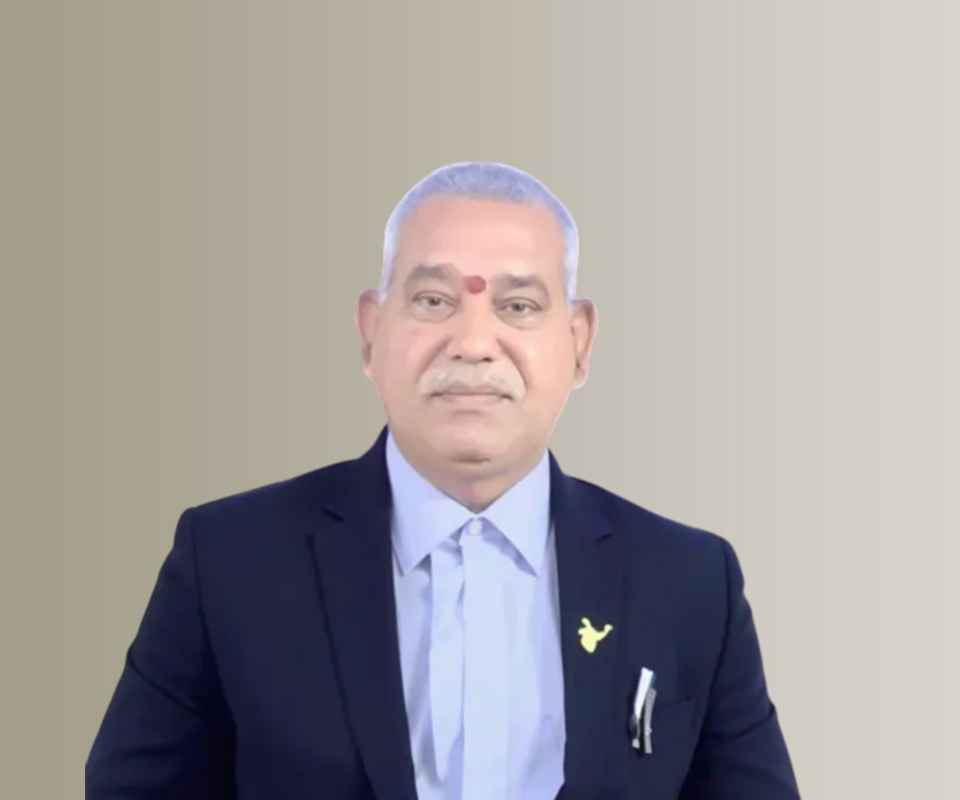Answer By law4u team
Euthanasia, the practice of intentionally ending a person’s life to relieve suffering, raises complex legal and ethical questions. While some legal systems permit euthanasia under strict conditions, others treat it as homicide. Whether euthanasia is considered a form of homicide largely depends on the jurisdiction, the type of euthanasia performed, and the circumstances surrounding the act.
Legal Treatment of Euthanasia:
Voluntary Euthanasia: When a person requests euthanasia to end their suffering, and the act is carried out with their consent, it is often distinguished from homicide. In countries where voluntary euthanasia is legal (such as the Netherlands or Canada), it is not considered a form of homicide. However, strict regulations are typically in place to ensure the request is made voluntarily and with full mental capacity.
Involuntary Euthanasia: If euthanasia is carried out without the consent of the individual (such as in cases where the person is unconscious or unable to communicate), it is generally classified as homicide. Even if the motive is to end suffering, the absence of consent makes the act unlawful and punishable under homicide laws.
Assisted Suicide: In some jurisdictions, assisting someone in ending their own life (i.e., providing the means for suicide) is classified as a form of homicide. In countries like Switzerland, assisted suicide is legal under specific conditions, but it is still considered unlawful in many others. The legal distinction between euthanasia and assisted suicide often depends on who performs the act and whether the person requesting the act is able to carry out the action themselves.
Active vs. Passive Euthanasia:
Active Euthanasia involves directly causing the death of a person (e.g., administering a lethal injection). In places where euthanasia is illegal, active euthanasia is treated as homicide.
Passive Euthanasia refers to withholding or withdrawing life-sustaining treatment, allowing the person to die naturally. This is legal in many jurisdictions, but it does not involve the intentional act of causing death.
Legal Defenses:
Some legal systems recognize certain defenses to euthanasia charges, such as:
- Consent: If the person gave consent, particularly in jurisdictions where euthanasia is legal, this may serve as a defense against homicide charges.
- Best Interests: In some cases, euthanasia is justified under the principle of acting in the best interests of the patient, especially when they are terminally ill and suffering.
How Different Legal Systems Treat Euthanasia:
Countries Where Euthanasia is Legal:
In countries like the Netherlands, Belgium, Luxembourg, and parts of Canada, euthanasia is legalized under strict conditions. These countries have clear guidelines and safeguards to ensure that euthanasia is carried out ethically and legally. Here, euthanasia is not considered homicide but is regulated by strict medical, ethical, and legal standards.
Countries Where Euthanasia is Illegal:
In most countries, euthanasia remains illegal and is treated as homicide. The United States, for example, has varying state laws, where assisted suicide is permitted in some states (like Oregon) but is treated as homicide in others. In such places, physicians who perform euthanasia can be prosecuted for manslaughter or murder, depending on the circumstances.
Countries with Gray Areas:
Some countries, such as Germany and India, do not have clear legal frameworks on euthanasia, and the issue is subject to ongoing legal and ethical debates. In these places, euthanasia may still be prosecuted under homicide laws, but there may be legal exceptions for passive euthanasia or situations where the individual’s consent is implied.
Example:
Voluntary Euthanasia in the Netherlands: A terminally ill patient in the Netherlands suffering from unrelievable pain requests euthanasia. The physician follows all the required legal protocols, including confirming the patient's voluntary and informed consent, and administering a lethal injection. This act is legal in the Netherlands and is not considered homicide.
Involuntary Euthanasia in India: In a case in India, a family member decides to end the life of an elderly relative who is in a vegetative state and has not expressed any desire to die. The family member administers a lethal dose of medication without consent. This act would be classified as homicide, and the family member could face charges under Indian criminal law, despite claiming that it was done out of compassion.
Assisted Suicide in Switzerland: A Swiss citizen with a terminal illness chooses to end their life with the help of an organization that provides assistance in dying. The organization provides the means for the person to self-administer a lethal dose of medication. In Switzerland, this act is legal, provided the person is capable of making an informed decision.
Conclusion:
Euthanasia can be considered a form of homicide if performed without the consent of the individual or in jurisdictions where it is prohibited by law. However, in countries where euthanasia is legal, it is not classified as homicide, provided strict criteria and safeguards are followed. The legal treatment of euthanasia depends significantly on whether the act was voluntary or involuntary, and the presence of informed consent plays a crucial role in determining its legality.







